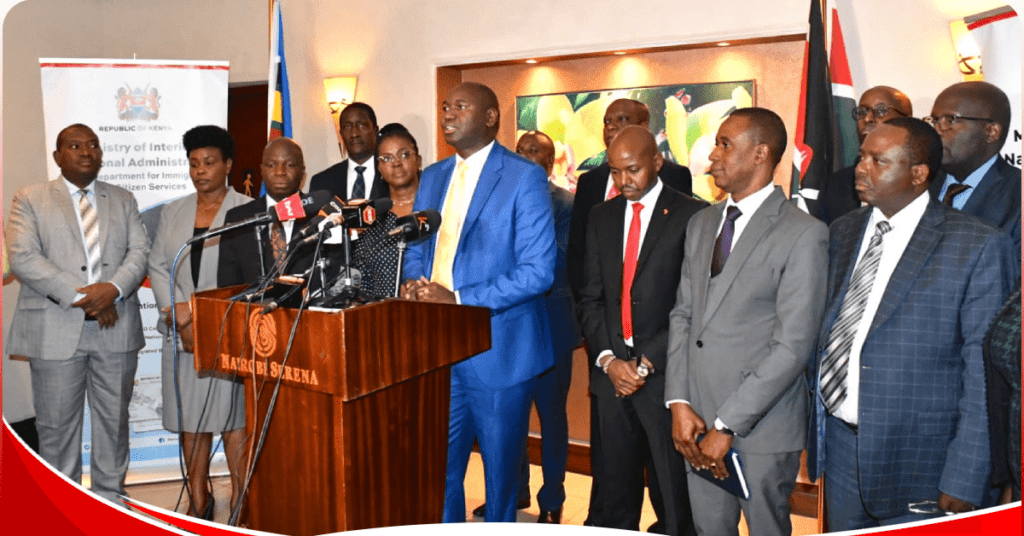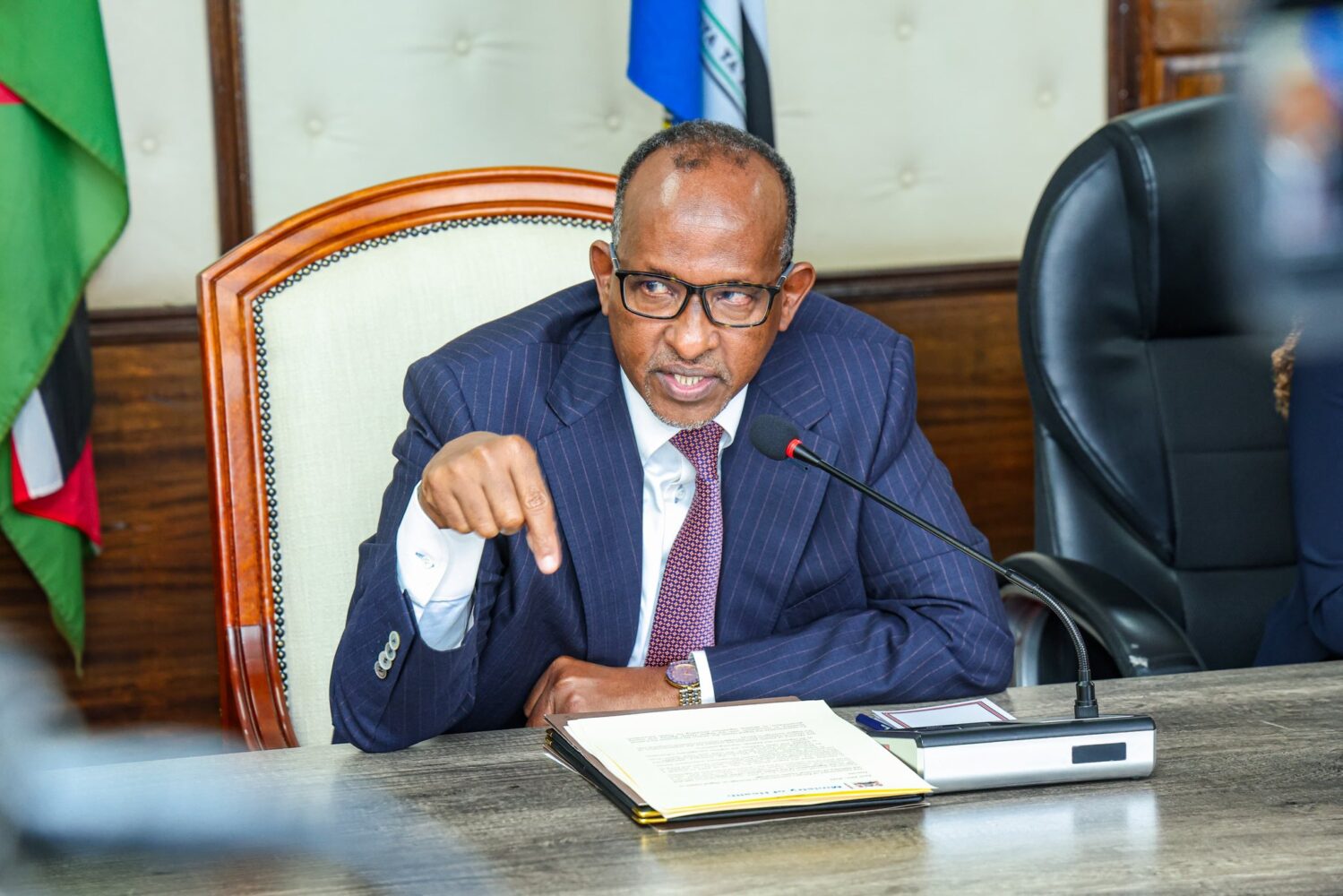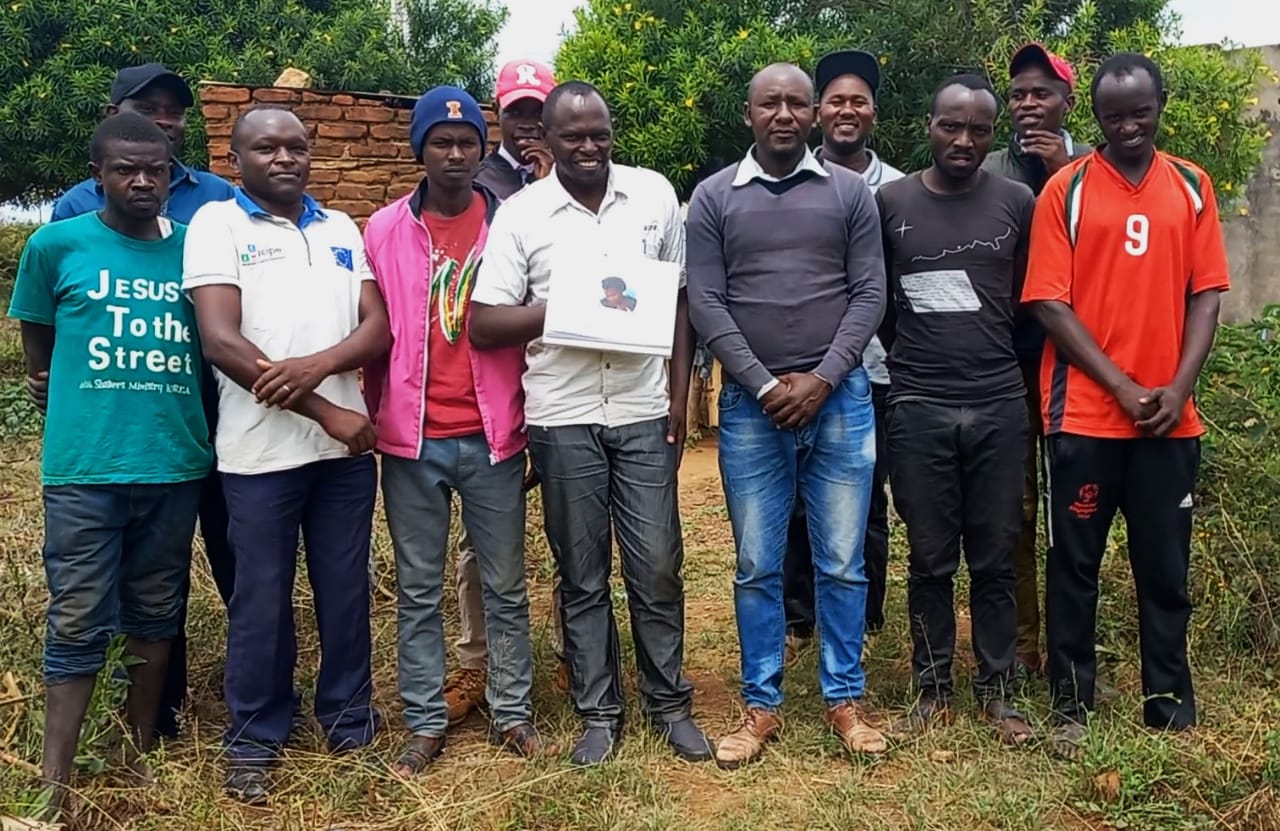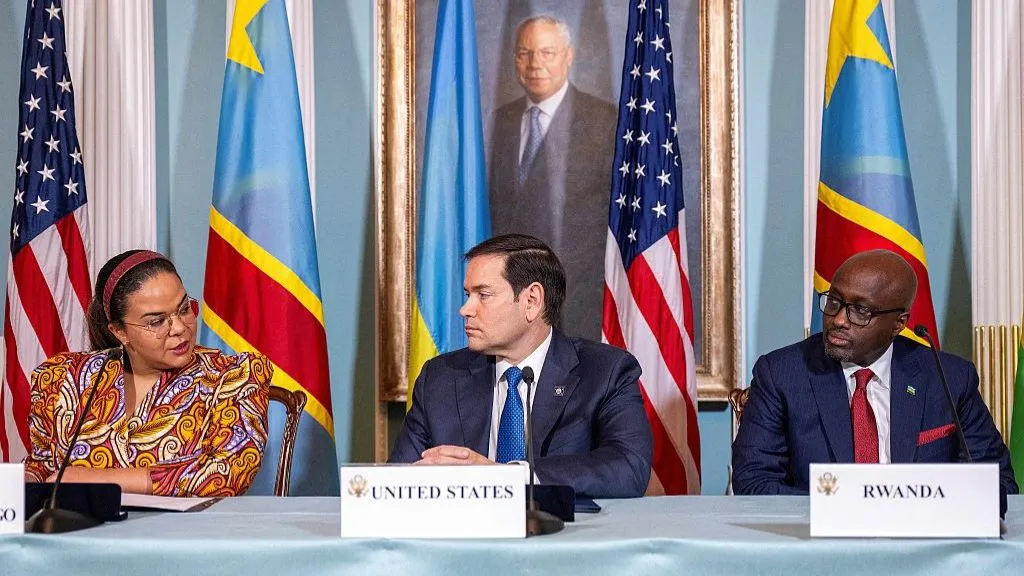Kenyans could soon begin using a digital ID after a critical government committee endorsed the proposed design and security features of a new card.
The technical committee of Principal Secretaries with dockets that are critical to the eventual implementation of the digital ID approved Maisha Card which is set to replace the current 2nd generation ID.
Also approved is a unique identification number to be known as Maisha Namba that will be issued to all new-borns as a birth certificate number, a digital signature that will make it possible to identify Kenyans using mobile phones and other smart gadgets, and a master national population register.
Immigration and Citizen Services PS Julius Bitok who chairs the Committee said the four items are set to be launched by the end of September in line with a presidential directive.
“I am happy to report that within the 90-days directive by H.E the President, the national identity technical team shall be able to roll out activities on the implementation of the National Digital ID.”
President Ruto’s directive
While launching the eCitizen platform on June 30th, this year, the President directed the relevant government ministries to come up with a digital ID to comply with international standards on registration documents.
The digital ID is also intended to support the consumption of online services offered by the government and the private sector by making it easier to identify clients while minimizing identity fraud, forgeries and other misrepresentations.
Maisha Card vs. Huduma Namba
PS Bitok explained that unlike Huduma Namba that was beset by many legal and implementation challenges, Maisha Card will not require fresh registration or harvesting of personal biometrics.
Instead, the card which is essentially an upgrade of the current 2nd generation card will be rolled out in phases with first-time ID applicants, those seeking duplicates and replacements for lost IDs among the pioneer beneficiaries.
The choice of ‘Maisha Namba’ is informed by the expectation that it will be the reference identifier for holders from birth to subsequent registration.
These include school enrolment and registration for government services such as Kenya Revenue Authority and NHIF. The number will transit to a death certificate number upon the death of the holder.
Interior PS Raymond Omollo and his Planning counterpart James Muhati said the government had picked useful lessons from the challenges with the unsuccessful implementation of Huduma Namba, key among them the need for extensive public and other stakeholders’ involvement.
“From what happened to Huduma Namba, we appreciate that how we communicate digital IDs to the public is critical. We must explain why we are doing what we are doing and how the public will gain from it,” Omollo said.
The PSs revealed that as a build up to the official launch on 29th of September, a public education and registration exercise will be held in Nakuru this Saturday with public barazas and other stakeholders forums also to be conducted across the country.
The Master Population Register will integrate existing databases for all persons born in Kenya, those on transit and refugees in the country database.
“We want a master population register that is integrated to the extent that whenever someone applies for a passport, the system should be able to tell if that person has a birth certificate and an ID so that we have accuracy in our identity management systems,” PS Bitok says.
Maisha Card key features
Among the key features of Maisha card is an MRZ (Machine Readable Zone) in line with International Civil Aviation Organisation (ICAO) that will make it possible to decipher personal encrypted details.
In May, Kenya hosted the ID4Africa summit on trends in government registrations in the continent. During the event, it emerged that the country was trailing many of its peers in embracing a digital registration system.
PS Bitok said the government projects that it will have issued Maisha Card to majority of Kenyans within three to four years.












